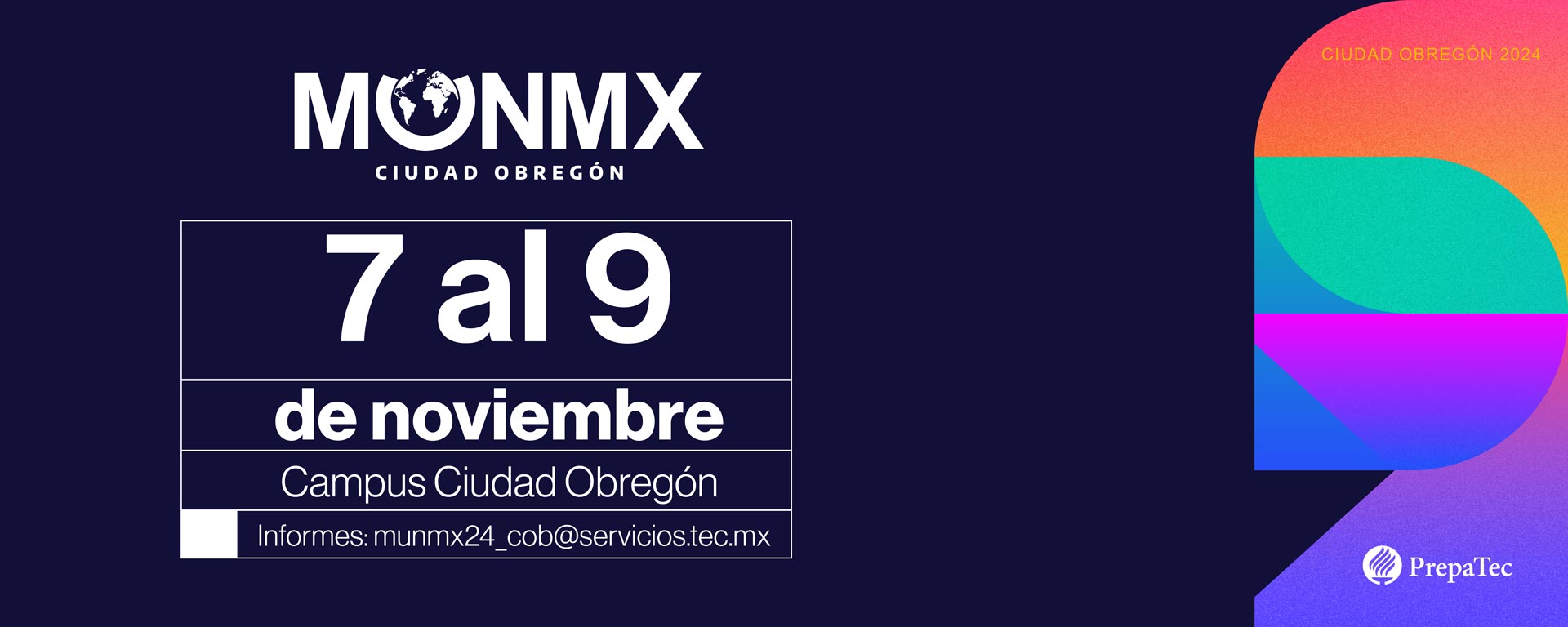Emprendimiento
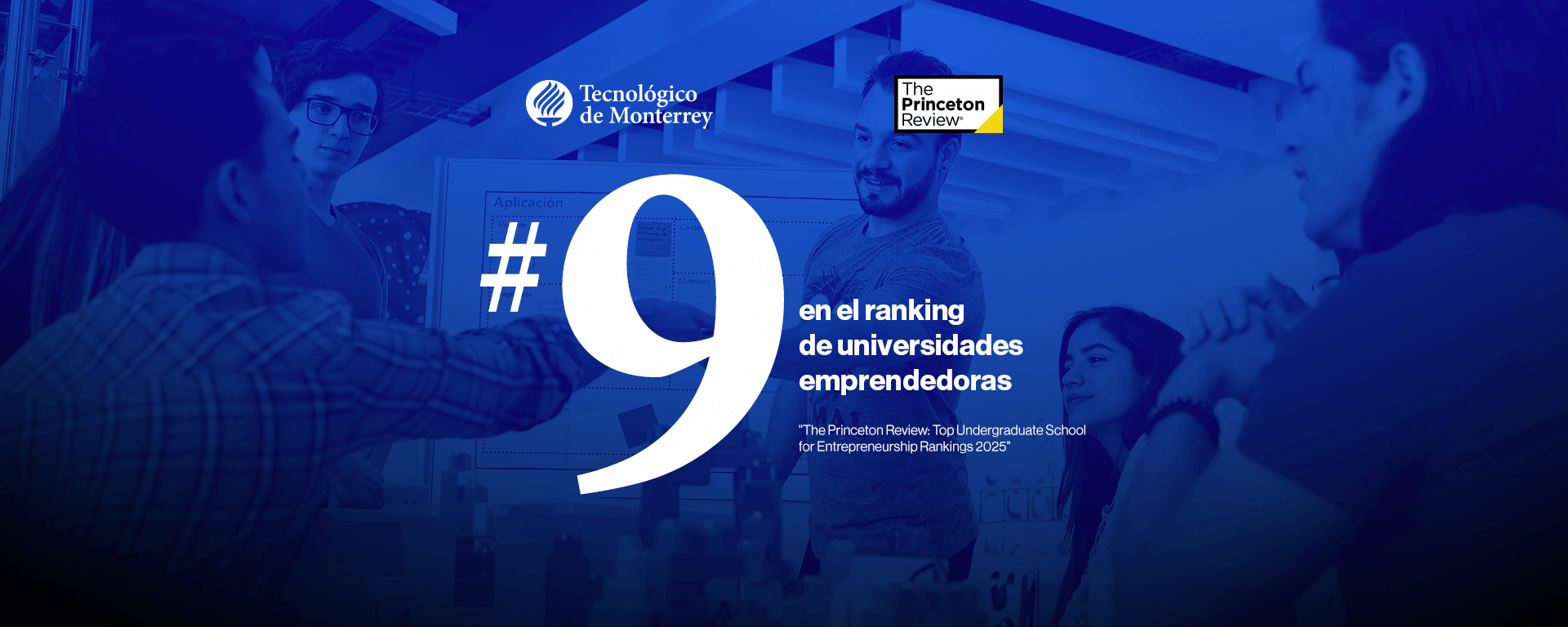
d
d
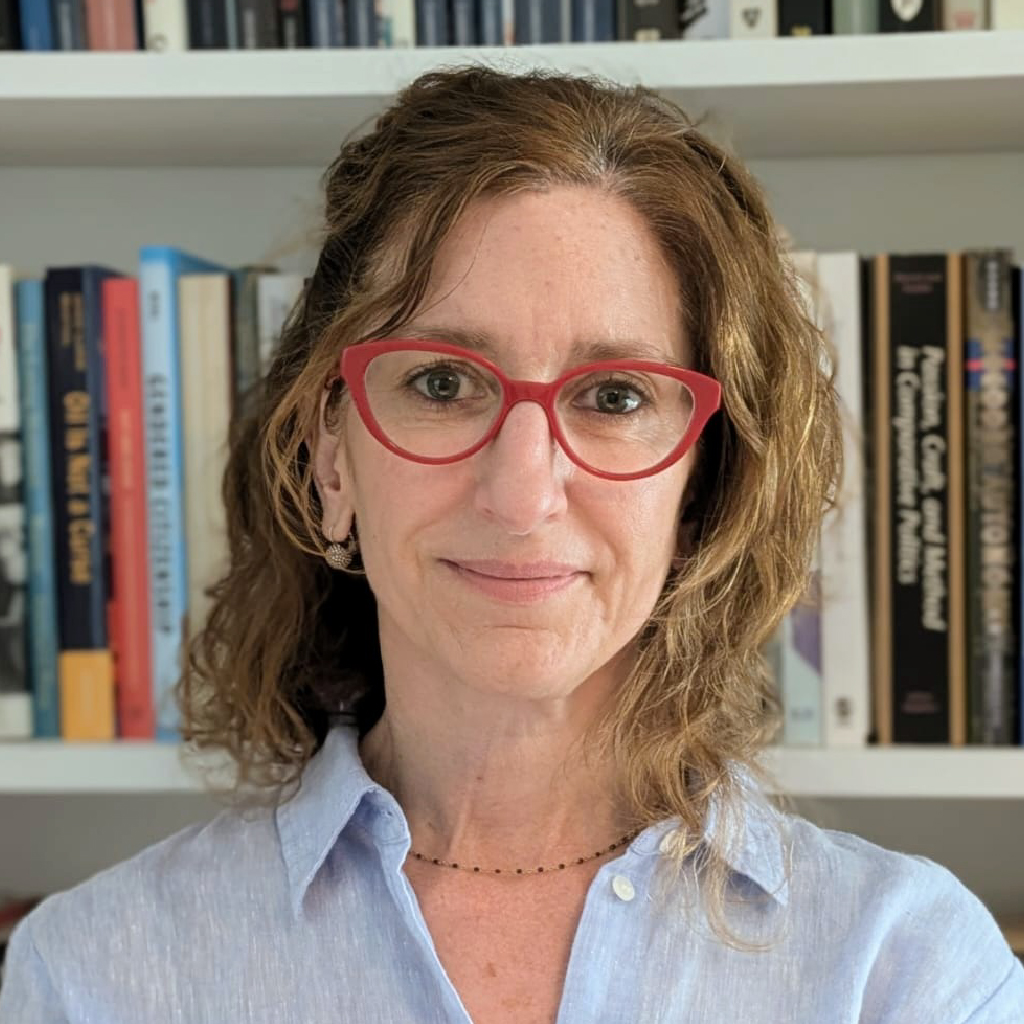
Expertise
Subnational politics
Subnational and national governments
Democratic and semi-authoritarian regimes
Dr. Agustina Giraudy is a full professor (tenured) of Political Science in the School of International Service at the American University (AU). She was previously an academy scholar at the Harvard Academy for International and Area Studies at Harvard University and a lecturer at the Torcuato Di Tella University and the San Andrés University, in Argentina.
She also worked as a consultant for organizations such as the World Bank, the Ford Foundation, and the Inter-American Development Bank (IADB).
Currently, her work focuses on the analysis of subnational and national democracies and semi-authoritarian regimes, unequal access to public goods, and institutional accountability. Her research explores the causes and consequences of unequal territorial access in LATAM and the U.S., and how this affects citizens’ rights in all spheres: civil, political, economic, and social.
She is the author of multiple articles in peer-reviewed journals and two books, including Democrats and Autocrats. Pathways of Subnational Undemocratic Regime Continuity within Democratic Countries (Oxford University Press, 2015).
She has been recognized with several awards, including the Dean’s Summer Research Award (AU, 2022) and the Best Journal Article of Regional and Federal Studies published in 2019 (2020), among many others.
Agustina Giraudy joined Tecnológico de Monterrey as Distinguished Visiting Professor in Democracy and Populism for the School of Social Sciences and Government and for the School of Government and Public Transformation.
Alcañiz, I., & Giraudy, A. (2022). From international organizations to local governments: how foreign environmental aid reaches subnational beneficiaries in Argentina, Brazil, and Mexico. Environmental Politics, 32(4), 663–683. https://doi.org/10.1080/09644016.2022.2124004
Giraudy, A., & Niedzwiecki, S. (2021). Multi-level governance and subnational research: Similarities, differences, and knowledge accumulation in the study of territorial politics. Regional & Federal Studies, 32(3), 393–411. https://doi.org/10.1080/13597566.2021.1941900
Diaz-Rioseco, D. and Giraudy, A. (2021), Unconditional Transfers Are Not Oil: The Economic Foundations of Subnational Undemocratic Regime Reproduction. Bull Lat Am Res, 40: 730-749. https://doi.org/10.1111/blar.13219
Cyril Bennouna, Agustina Giraudy, Eduardo Moncada, Eva Rios, Richard Snyder, Paul Testa, Pandemic Policymaking in Presidential Federations: Explaining Subnational Responses to Covid-19 in Brazil, Mexico, and the United States, Publius: The Journal of Federalism, Volume 51, Issue 4, Fall 2021, Pages 570–600, https://doi.org/10.1093/publius/pjab025
Benton, A. (2021). Inside Countries: Subnational Research in Comparative Politics. Edited by Agustina Giraudy, Eduardo Moncada, and Richard Snyder. Cambridge: Cambridge University Press, 2019. Perspectives on Politics, 19(1), 295–297. doi:10.1017/S1537592720004326

Expertise
Política subnacional
Gobiernos subnacionales y nacionales
Regímenes democráticos y semiautoritarios
Dr. Agustina Giraudy is a full professor (tenured) of Political Science in the School of International Service at the American University (AU). She was previously an academy scholar at the Harvard Academy for International and Area Studies at Harvard University and a lecturer at the Torcuato Di Tella University and the San Andrés University, in Argentina.
She also worked as a consultant for organizations such as the World Bank, the Ford Foundation, and the Inter-American Development Bank (IADB).
Currently, her work focuses on the analysis of subnational and national democracies and semi-authoritarian regimes, unequal access to public goods, and institutional accountability. Her research explores the causes and consequences of unequal territorial access in LATAM and the U.S., and how this affects citizens’ rights in all spheres: civil, political, economic, and social.
She is the author of multiple articles in peer-reviewed journals and two books, including Democrats and Autocrats. Pathways of Subnational Undemocratic Regime Continuity within Democratic Countries (Oxford University Press, 2015).
She has been recognized with several awards, including the Dean’s Summer Research Award (AU, 2022) and the Best Journal Article of Regional and Federal Studies published in 2019 (2020), among many others.
Agustina Giraudy joined Tecnológico de Monterrey as Distinguished Visiting Professor in Democracy and Populism for the School of Social Sciences and Government and for the School of Government and Public Transformation.
Alcañiz, I., & Giraudy, A. (2022). From international organizations to local governments: how foreign environmental aid reaches subnational beneficiaries in Argentina, Brazil, and Mexico. Environmental Politics, 32(4), 663–683. https://doi.org/10.1080/09644016.2022.2124004
Giraudy, A., & Niedzwiecki, S. (2021). Multi-level governance and subnational research: Similarities, differences, and knowledge accumulation in the study of territorial politics. Regional & Federal Studies, 32(3), 393–411. https://doi.org/10.1080/13597566.2021.1941900
Diaz-Rioseco, D. and Giraudy, A. (2021), Unconditional Transfers Are Not Oil: The Economic Foundations of Subnational Undemocratic Regime Reproduction. Bull Lat Am Res, 40: 730-749. https://doi.org/10.1111/blar.13219
Cyril Bennouna, Agustina Giraudy, Eduardo Moncada, Eva Rios, Richard Snyder, Paul Testa, Pandemic Policymaking in Presidential Federations: Explaining Subnational Responses to Covid-19 in Brazil, Mexico, and the United States, Publius: The Journal of Federalism, Volume 51, Issue 4, Fall 2021, Pages 570–600, https://doi.org/10.1093/publius/pjab025
Benton, A. (2021). Inside Countries: Subnational Research in Comparative Politics. Edited by Agustina Giraudy, Eduardo Moncada, and Richard Snyder. Cambridge: Cambridge University Press, 2019. Perspectives on Politics, 19(1), 295–297. doi:10.1017/S1537592720004326
Inglés
Español

Lucía Elías Calles Rivera
Secretaría General
Ciudad Obregón
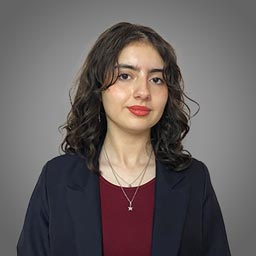
María Leticia Alaniz García
Sub-Secretaría General
Ciudad Obregón
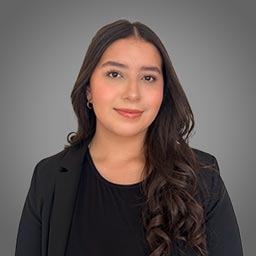
Violeta Serrano Armenta
Subsecretaría de logística
Ciudad Obregón

Ivanna Jehiely García González
Secretaria de Tesorería, Patrocinios y Capacitación
Ciudad Obregón

Eduardo Jaramillo Mansur
Secretaría de Protocolo y Capacitación a mesas y delegados
Santa Anita

Victoria García Castellanos
Sub-secretaría de Protocolo y Capacitación a Mesas y delegados
Santa Anita
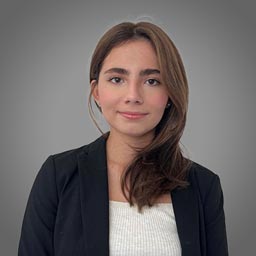
Camila Campos Juárez
Secretaría de Asignación de comités y tópicos
Sinaloa
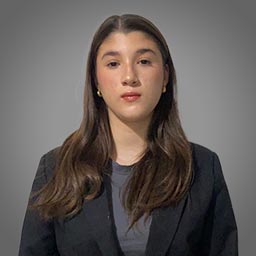
Emma Cristina Barceló
Sub-secretaría de Asignación de comités a delegados
Ciudad Obregón

Ana Elisa Guerra Domínguez
Sub-secretaría de atención a delegados
Ciudad Obregón

Karen Rangel García
Secretaría de comunicación e imagen
Morelia

Lucía Félix Rivera
Sub-secretaría de comunicación e imagen
Ciudad Obregón
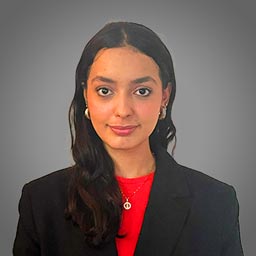
Melanny Serrano Rivera
Sub-secretaría de logística y Secretaría académica
Ciudad Obregón

Fátima Rodríguez Fonz
Vicesecretaría Asamblea General Español
Guadalajara
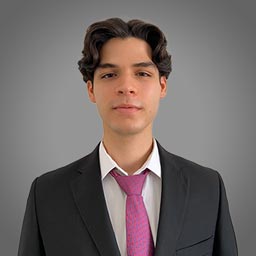
Dante José Leyva López
Vicesecretaría ECOSOC
Ciudad Obregón
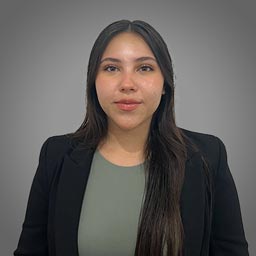
Elisa María Ruvalcaba Sánchez
Vicesecretaría Consejo de Seguridad
Guadalajara

José Alfonso Schwarzbeck
Vicesecretaría General Assembly
Ciudad Obregón

Arlén Mariana Navarro Valenzuela
Vicesecretaría Secretaría General
Ciudad Obregón

Pedro Trevizo Martínez
Organizador
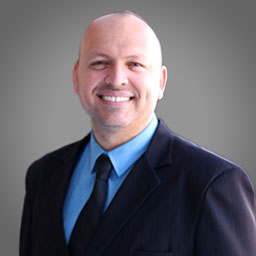
Mario Leyva
Facultie Campus Ciudad Obregón
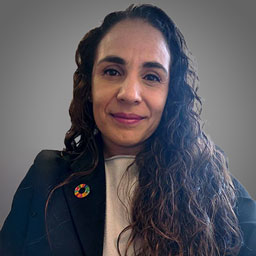
Laura Mariza Bayardo Sólorzano
Facultie Campus Guadalajara
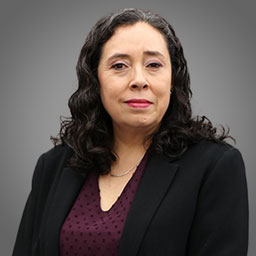
Lizbeth Hernández Aguilar
Facultie Campus Morelia
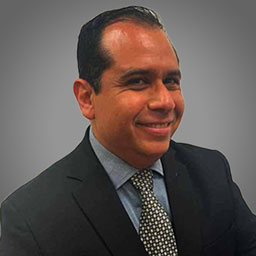
Freddy Aguilar
Facultie Campus Santa Anita
Hora | Evento | Lugar |
|---|---|---|
| 1:30 p.m. | Registro | Auditorio |
| 2:30 p.m. | Inauguración | Arena Borregos |
| Bienvenida | ||
| 4:00 p.m. a 5:15 p.m. | Sesión 1 | |
| 5:15 p.m. a 5:30 p.m. | Coffe Break | Pasillo |
| 5:30 p.m. a 6:45 p.m. | Sesión 2 | |
| Vivencia | NEO |
Hora | Evento | Lugar |
|---|---|---|
| 8:15 a.m. - 8:45 a.m. | Fotografía | Domo/Borrego |
| 9:00 a.m. | Conferencia | Arena Borregos |
| 10:00 a.m. a 11:15 a.m. | Sesión 3 | |
| 11:15 a.m. a 11:30 a.m. | Coffe Break | Pasillo |
| 11:30 a.m. a 12:45 p.m. | Sesión 4 | |
| 1:00 p.m. a 3:00 p.m. | Comida | Arena Borregos |
| 3:00 p.m. a 4:45 p.m. | Sesión 5 | |
| 4:45 p.m. a 5:00 p.m. | Coffe Break | Pasillo |
| 5:00 p.m. a 6:15 p.m. | Sesión 6 | |
| 6:30 p.m. a 9:30 p.m. | MUN Night | Domo |
Hora | Evento | Lugar |
|---|---|---|
| 9:00 a.m. a 10:15 a.m. | Sesión 7 | |
| 10:15 a.m. a 10:30 a.m. | Coffe Break | Pasillo |
| 11:00 a.m. | Premiación | Arena Borregos |
| 1:00 p.m. | Clausura |
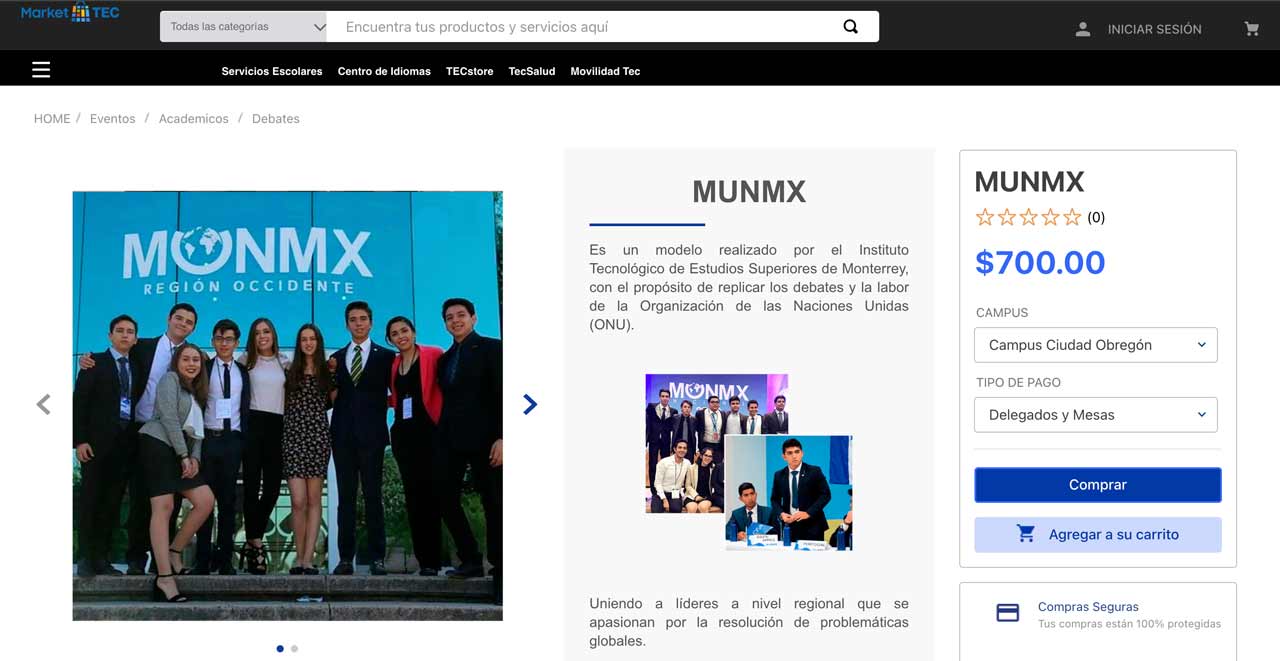
1. Realiza tu inscripción de TecMUN Ciudad Obregón 2024 a través de MarketTeckeyboard_arrow_right
Los costos para este evento serán:
MESAS Y DELEGADOS: $700.00 (pesos mexicanos)
Incluye: Materiales y coffee breaks
IMPORTANTE: Asegurate elegir el campus Ciudad Obregón
2. Envía tu comprobante de pago a más tardar el 27 de septiembre de 2024 por medio del Formulario de Registro:
3. Dudas o preguntas a través del correo electrónico: munmx24_cob@servicios.tec.mx


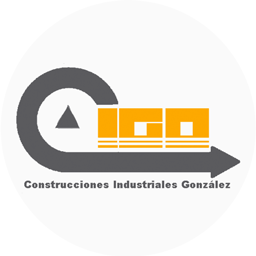



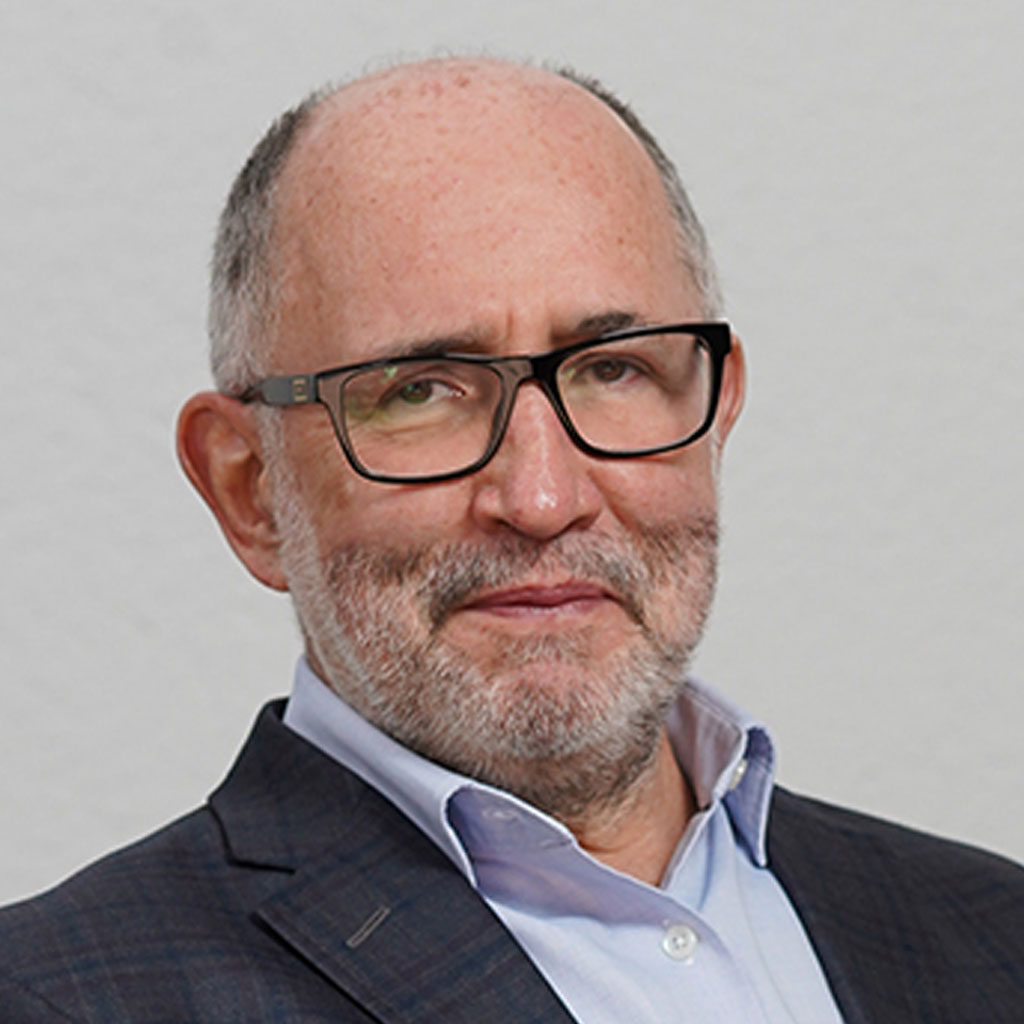
Expertise
History of law
Constitutional law
Transdisciplinary applications of law
Dr. José Ramón Cossío is a retired justice of the Supreme Court of Justice of the Nation (SCJN) in Mexico (2003–2018) and has taught
at universities such as the Instituto Tecnológico Autónomo de México (ITAM). He is currently an associate researcher at El Colegio de México and the director of the Instituto para el Fortalecimiento del Estado de Derecho (IFED), a civil association dedicated to analyzing and improving the legal system in the country.
He is a Level III national researcher at the National System of Researchers (SNI) in Mexico. His research focuses on constitutional
law, human rights, and legal theory. He is also a columnist for newspapers like El País and El Universal, and a regular contributor to Proceso magazine. He has written 38 books and more than 750 articles in specialized journals.
José Ramón Cossío is a member of the Colegio Nacional, one of the most important academic institutions in Mexico, as well as the Mexican Academy of Sciences, the Mexican Academy of History, and the National Academy of Medicine, where he was the first lawyer to be admitted. He is also a member of the American Law Institute and a Distinguished Jurist in Residence at the University of Houston Law Center.
Ten institutions in Mexico have awarded him an honorary doctorate. He has been recognized with the José Pagés Llergo National Communication Award in 2010 and 2017, the Malinalli National Award in 2011, and the Premio Nacional de Ciencias y Artes in 2009. Earlier in his career, he received the National Research Award (Social Sciences) from the Mexican Academy of Sciences in 1998.
José Ramón Cossío joined Tecnológico de Monterrey as Distinguished Professor in Law for the School of Social Sciences and Government and for the School of Government and Public Transformation.

Expertise
Historia del Derecho
Derecho constitucional
Aplicaciones transdisciplinares del Derecho
Dr. José Ramón Cossío is a retired justice of the Supreme Court of Justice of the Nation (SCJN) in Mexico (2003–2018) and has taught
at universities such as the Instituto Tecnológico Autónomo de México (ITAM). He is currently an associate researcher at El Colegio de México and the director of the Instituto para el Fortalecimiento del Estado de Derecho (IFED), a civil association dedicated to analyzing and improving the legal system in the country.
He is a Level III national researcher at the National System of Researchers (SNI) in Mexico. His research focuses on constitutional
law, human rights, and legal theory. He is also a columnist for newspapers like El País and El Universal, and a regular contributor to Proceso magazine. He has written 38 books and more than 750 articles in specialized journals.
José Ramón Cossío is a member of the Colegio Nacional, one of the most important academic institutions in Mexico, as well as the Mexican Academy of Sciences, the Mexican Academy of History, and the National Academy of Medicine, where he was the first lawyer to be admitted. He is also a member of the American Law Institute and a Distinguished Jurist in Residence at the University of Houston Law Center.
Ten institutions in Mexico have awarded him an honorary doctorate. He has been recognized with the José Pagés Llergo National Communication Award in 2010 and 2017, the Malinalli National Award in 2011, and the Premio Nacional de Ciencias y Artes in 2009. Earlier in his career, he received the National Research Award (Social Sciences) from the Mexican Academy of Sciences in 1998.
José Ramón Cossío joined Tecnológico de Monterrey as Distinguished Professor in Law for the School of Social Sciences and Government and for the School of Government and Public Transformation.
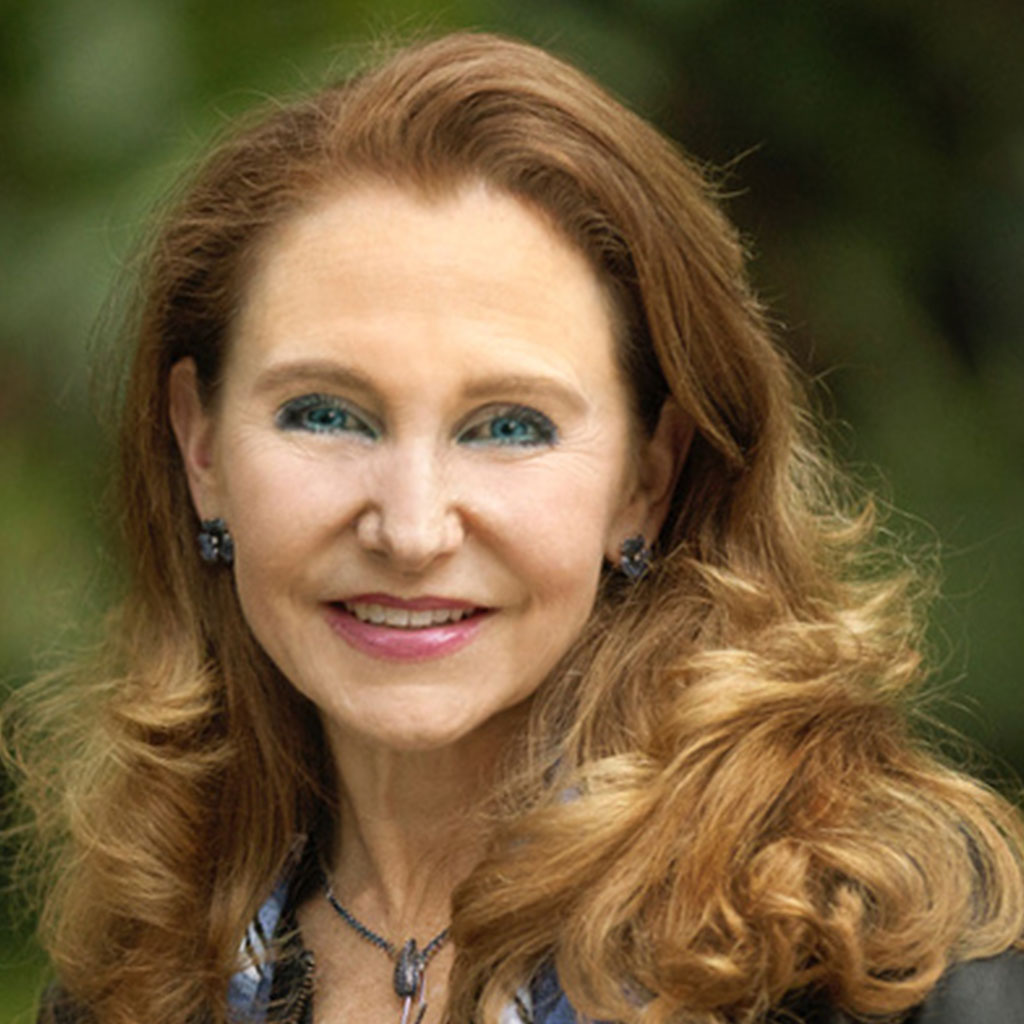
Expertise
Global health
Health systems
Health economics focused on reducing
inequities
Dr. Felicia Marie Knaul has spent 30 years focusing on global health and social development. From 2009 to 2015, she was an associate professor at Harvard Medical School and director of the Harvard Global Equity Initiative. At the University of Miami, she was director of the Institute for Advanced Study of the Americas and is a professor at the Leonard M. Miller School of Medicine. She is also the secretary general of the Hemispheric University Consortium and an associate of the chancellor at UCLA as of December 2024. In Mexico, she is a senior economist at the Mexican Health Foundation and an Honorary Research Professor of Medical Sciences at the National Institute of Public Health.
Her research focuses on global health, violence against women and children, cancer (particularly breast cancer), health systems reform, and health financing. She is a member of the Mexican National Academy of Medicine, and in 2018, she became a Level III researcher at the National System of Researchers (SNI) in Mexico. After her breast cancer experience, Dr. Knaul founded Tómatelo a Pecho, A.C. in 2008, a Mexican non-profit focused on breast cancer research and early detection awareness.
Dr. Knaul has produced over 350 academic and policy publications. She currently co-chairs commissions such as The Lancet Commission on Cancer and Health Systems. She also serves as commissioner of The Lancet Oncology Commission on Cancer in the Commonwealth, among others. She was honored by being inducted into the International Women’s Forum in 2024.
Felicia Knaul joined Tecnológico de Monterrey as Distinguished Visiting Professor in Public Health for the School of Medicine and Health Sciences.

Expertise
Salud global
Sistemas sanitarios
Economía sanitaria centrada en la reducción de las desigualdades
Dr. Felicia Marie Knaul has spent 30 years focusing on global health and social development. From 2009 to 2015, she was an associate professor at Harvard Medical School and director of the Harvard Global Equity Initiative. At the University of Miami, she was director of the Institute for Advanced Study of the Americas and is a professor at the Leonard M. Miller School of Medicine. She is also the secretary general of the Hemispheric University Consortium and an associate of the chancellor at UCLA as of December 2024. In Mexico, she is a senior economist at the Mexican Health Foundation and an Honorary Research Professor of Medical Sciences at the National Institute of Public Health.
Her research focuses on global health, violence against women and children, cancer (particularly breast cancer), health systems reform, and health financing. She is a member of the Mexican National Academy of Medicine, and in 2018, she became a Level III researcher at the National System of Researchers (SNI) in Mexico. After her breast cancer experience, Dr. Knaul founded Tómatelo a Pecho, A.C. in 2008, a Mexican non-profit focused on breast cancer research and early detection awareness.
Dr. Knaul has produced over 350 academic and policy publications. She currently co-chairs commissions such as The Lancet Commission on Cancer and Health Systems. She also serves as commissioner of The Lancet Oncology Commission on Cancer in the Commonwealth, among others. She was honored by being inducted into the International Women’s Forum in 2024.
Felicia Knaul joined Tecnológico de Monterrey as Distinguished Visiting Professor in Public Health for the School of Medicine and Health Sciences.
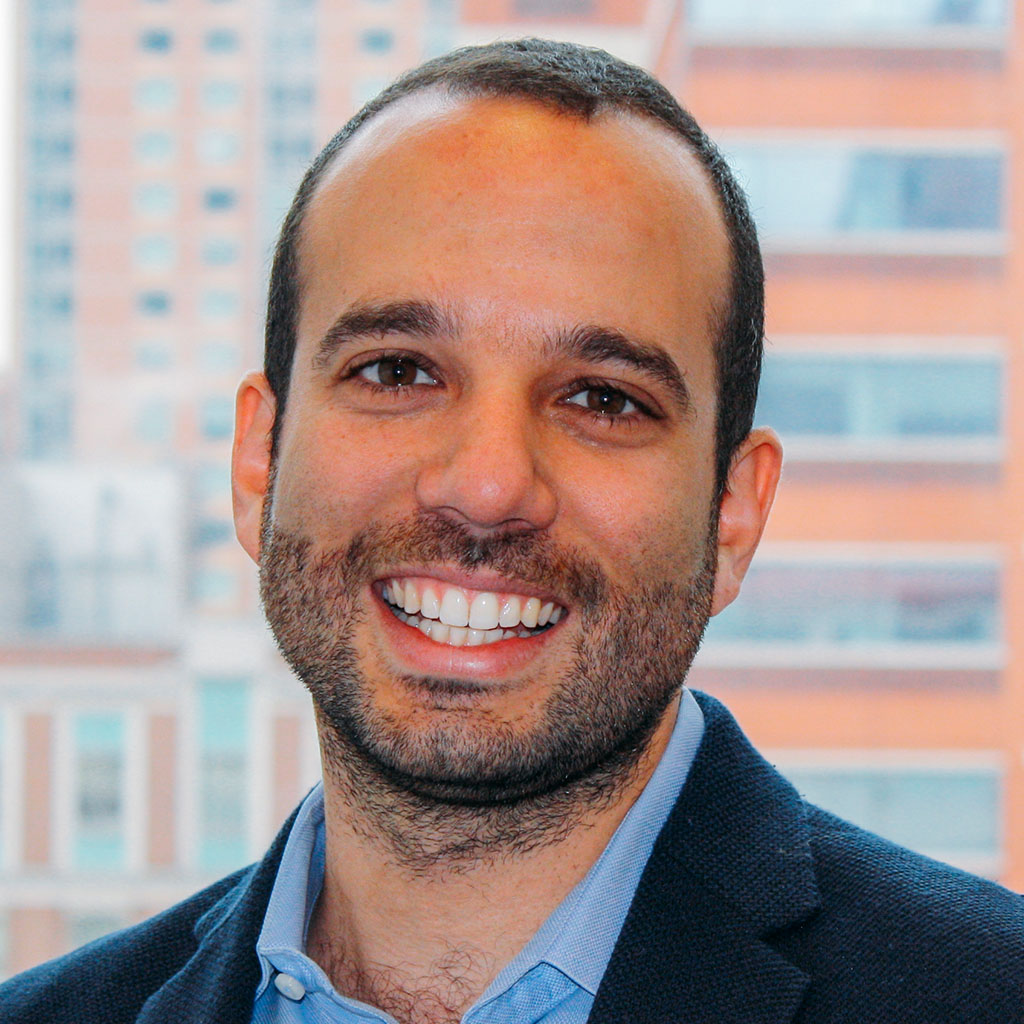
Expertise
Electrochemical engineering
Sustainable engineering
Dr. Miguel Modestino is a Donald F. Othmer Associate Professor of Chemical Engineering at New York University (NYU) and director of the NYU Sustainable Engineering Initiative. He is also co-founder of an NYU spin-off company called Sunthetics Inc., which focuses on developing machine learning optimization software for sustainable chemical manufacturing processes. The company is currently active and was highlighted in the documentary “Own the Room” by National Geographic for Disney+.
He is a co-inventor in 9 patent applications on topics related to electrochemistry and machine learning. He has received multiple grants from organizations including NASA, the National Science Foundation (NSF) in the U.S., and ExxonMobile, among others. He has authored over 65 publications on electrochemical engineering and sustainability in prominent peer-reviewed scientific journals such as Energy & Environmental Science, PNAS, Journal of Electrochemical Society, Nature, Joule, and Macromolecules.
He has received multiple honors, including the American Institute of Chemical Engineers (AIChE) Journal Futures Speaker (2022) and the ACS Energy & Fuels Rising Star (2022) recognitions. He was a TED Countdown Speaker (2022) and a TED Idea Search Latin America Winner (2021). He was also named an MIT Technology Review “Innovator Under 35” (Globally, 2020) and in Latin America (2017). Earlier in his career, he won the National Science Foundation CAREER Award (2019).
Miguel Modestino joined Tecnológico de Monterrey as a Distinguished Visiting Professor in Industrial Decarbonization for the School of Engineering and Sciences.
